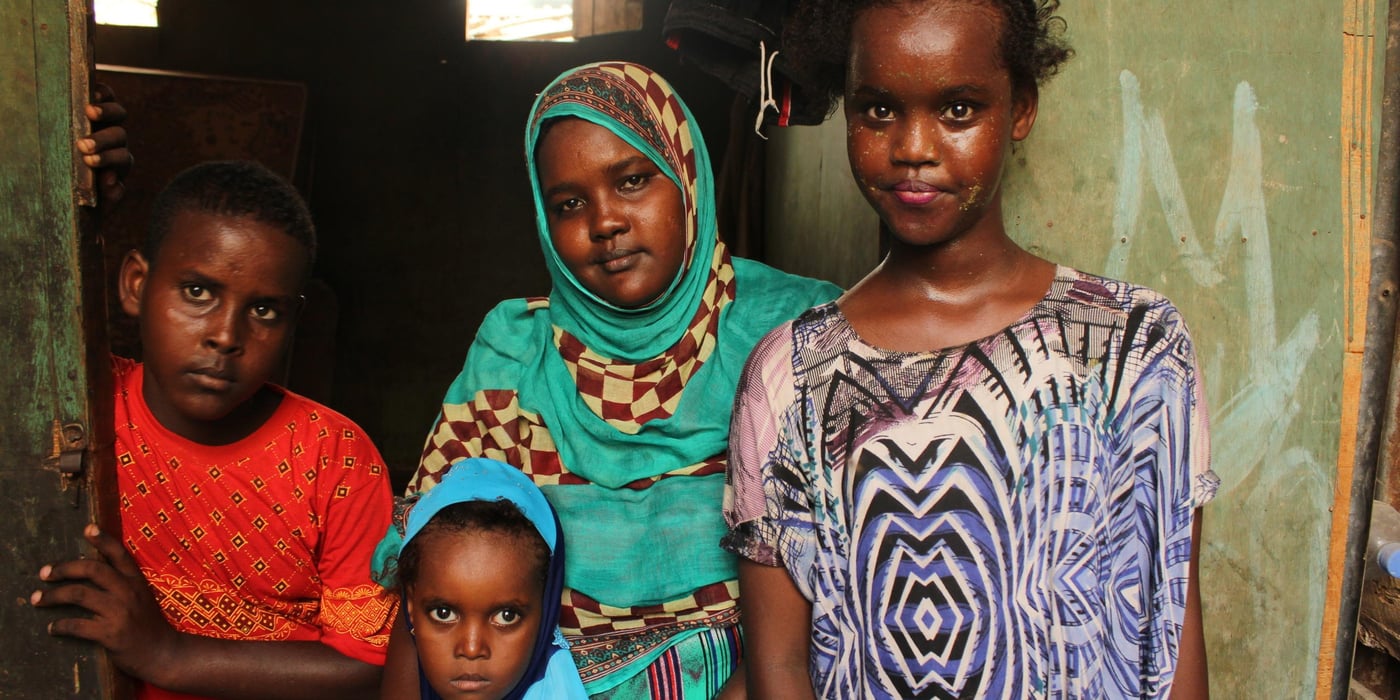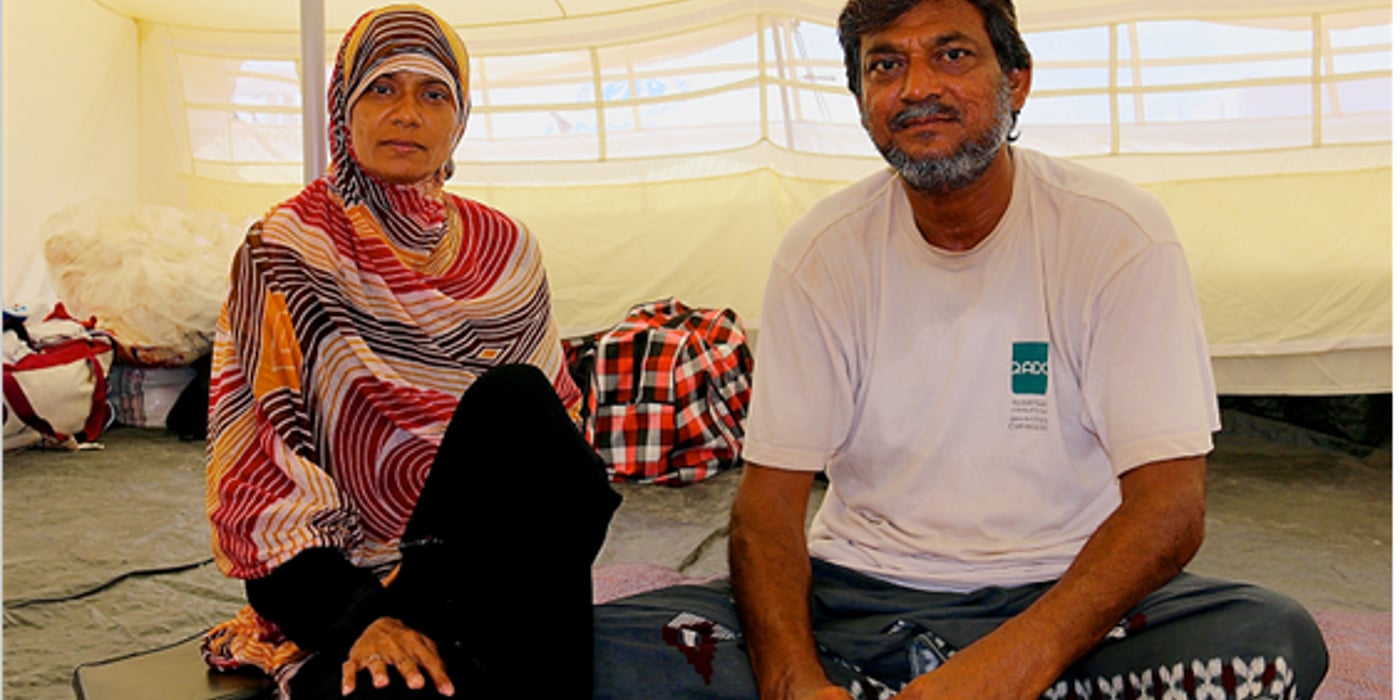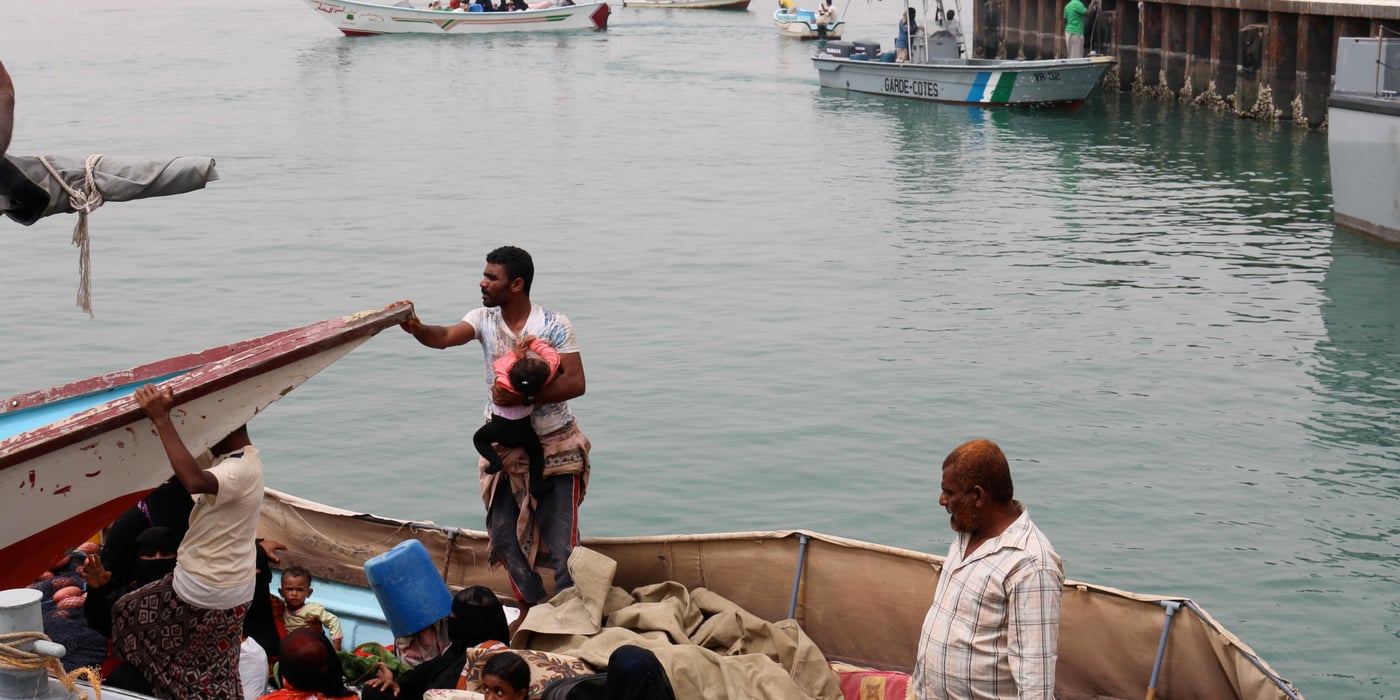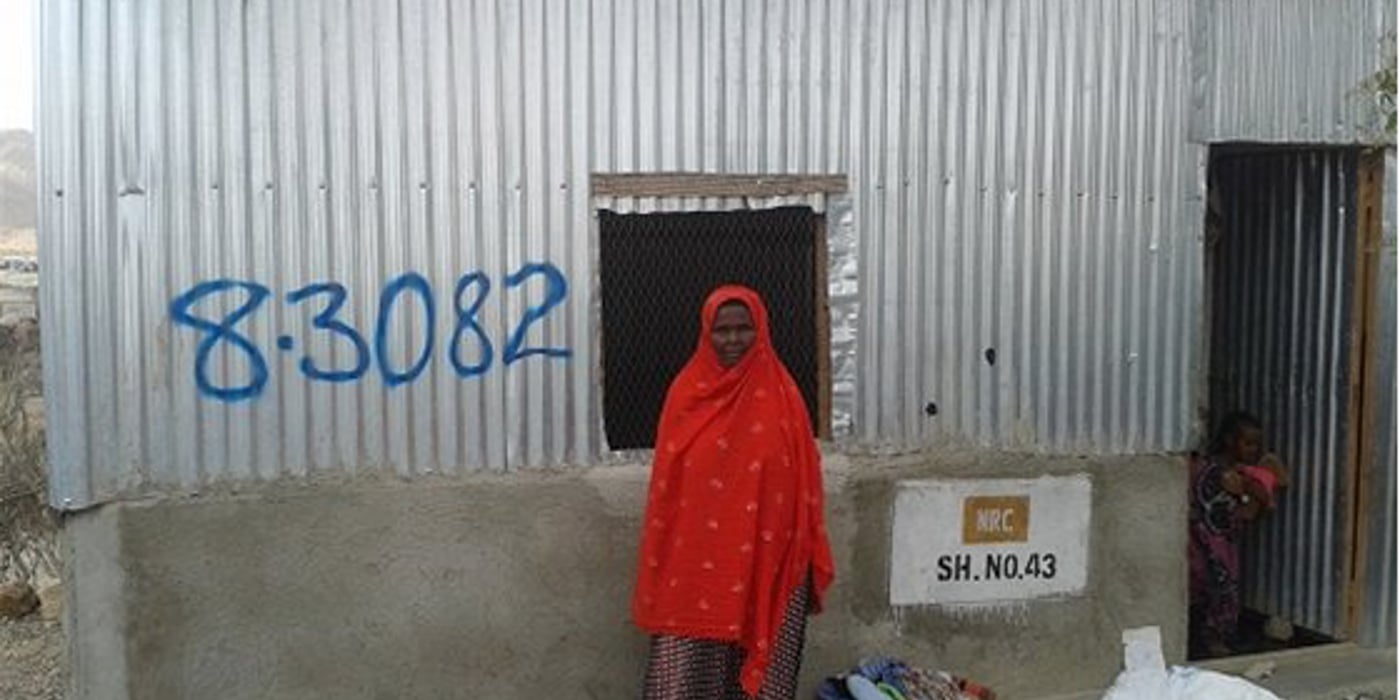
A large number of refugees are in transit through the small and relatively safe country of Djibouti. One of them is Deka Abdullah Ibrahim. She is from Somalia, and has spent the past 23 years in Ali Addeh Refugee Camp. Now, she has finally received a proper protecting shelter, thanks to the Norwegian Refugee Council (NRC).
She is a 46-year-old mother of nine, and grandmother of seven. In 2006, Deka Abdullah Ibrahim lost her husband. Ali Addeh Refugee Camp has been her home since 1992, and she lives here with almost her entire family, including two grown up and married sons. In total, they count 14 people, and Deka is responsible for all of them.
Djibouti is one of the smallest countries in the Horn of Africa region. It borders Eritrea, Ethiopia and Somaliland in the north, west and south, and in the east its border is formed by the Red Sea. This is a strategic location in the region, and Djibouti sees a large amount of migrants in transit through the country.
Djibouti is one of the most stable countries in the region, and has not experienced any significant insecurity in a long period of time. For this reason, a large number of refugees are still residing in the country – especially Somali refugees, but also Ethiopians and Eritreans.
The refugee camp is situated in the desert. The climate ranges from very hot during summer to cold winter nights. For many years, Deka and her family used to live under scarce conditions in the camp. Their shelter was a Somali buul – a traditional tent made of homemade fabrics and wood. Now – thanks to the 2010 Norwegian Broadcasting Telethon – NRC is able to provide the refugees with more solid shelters.
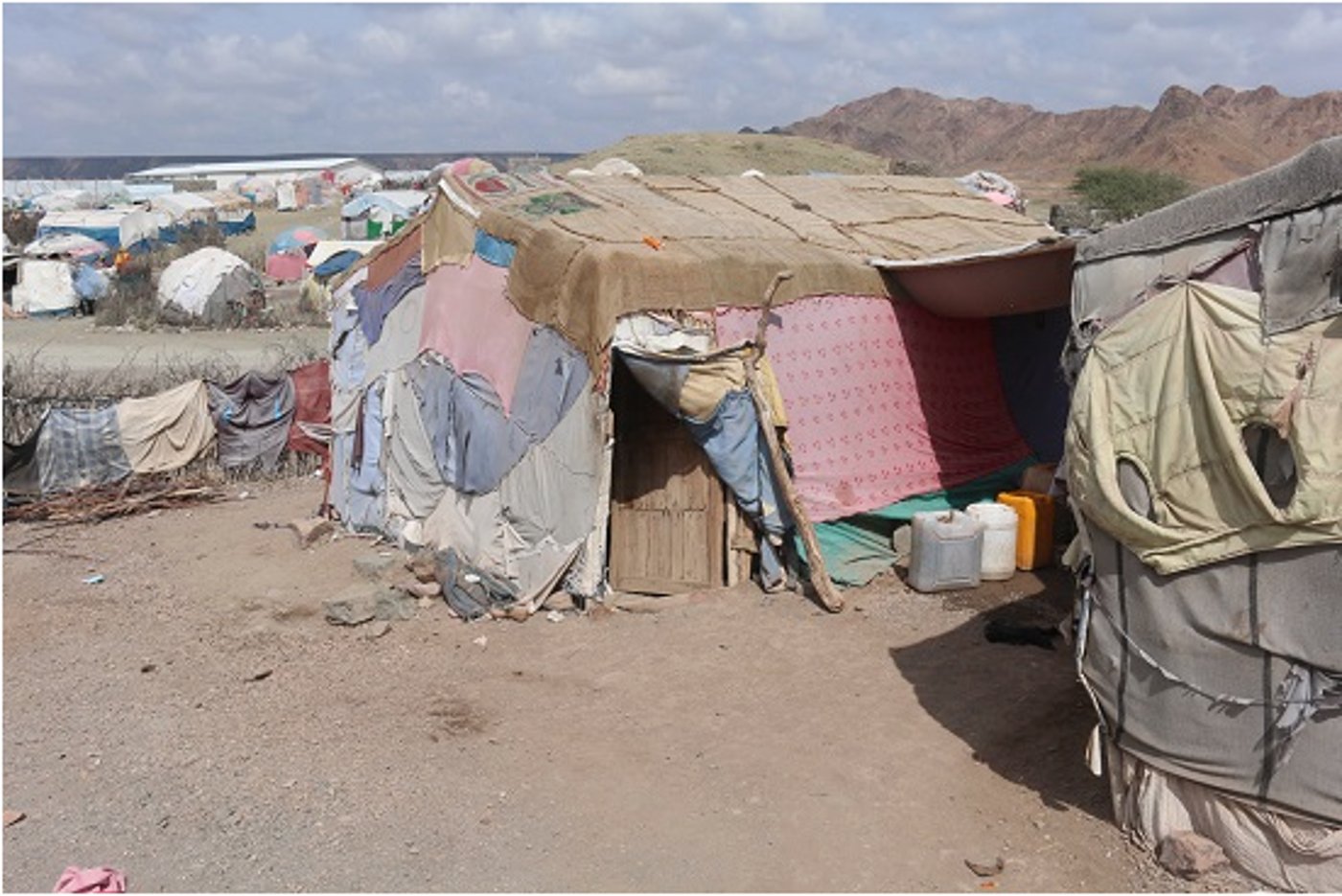
For Deka, receiving a new shelter has improved her life a lot: “It helps my family to have a safe place to stay. I used to live in a Somali buul, as I didn’t have enough resources to construct a decent shelter for my growing family. I was in great need of decent shelter,” she says.
NRC has been operational in the refugee camp since 2013. The organisation constructs hybrid shelters using iron sheets, timber and concrete. This combination creates a sturdy, protecting shelter adapted to the harsh and sandy environment.
Some of the refugees have been in the camp for the whole period of its existence, while others have been there for a much shorter period. So far, NRC has constructed 50 shelters, directly reaching 369 people. In addition, 300 women and girls received hygiene products and an additional 100 Non-Food kits (such as kitchen equipment etc.). 100 solar lamps were distributed reaching more than 810 persons in total.
I am lucky to be one of the beneficiaries of a shelter implemented by NRC
says Deka.


